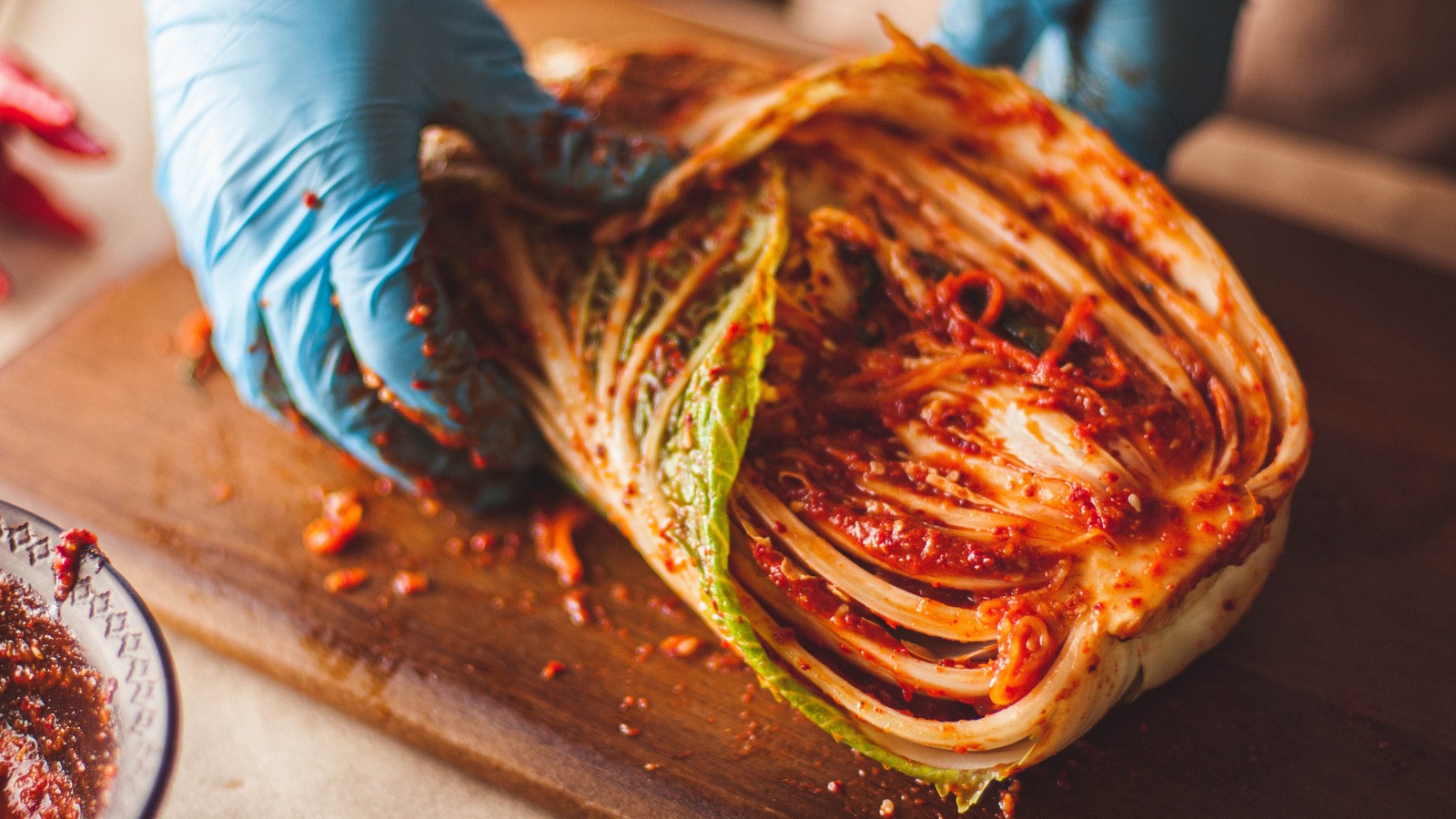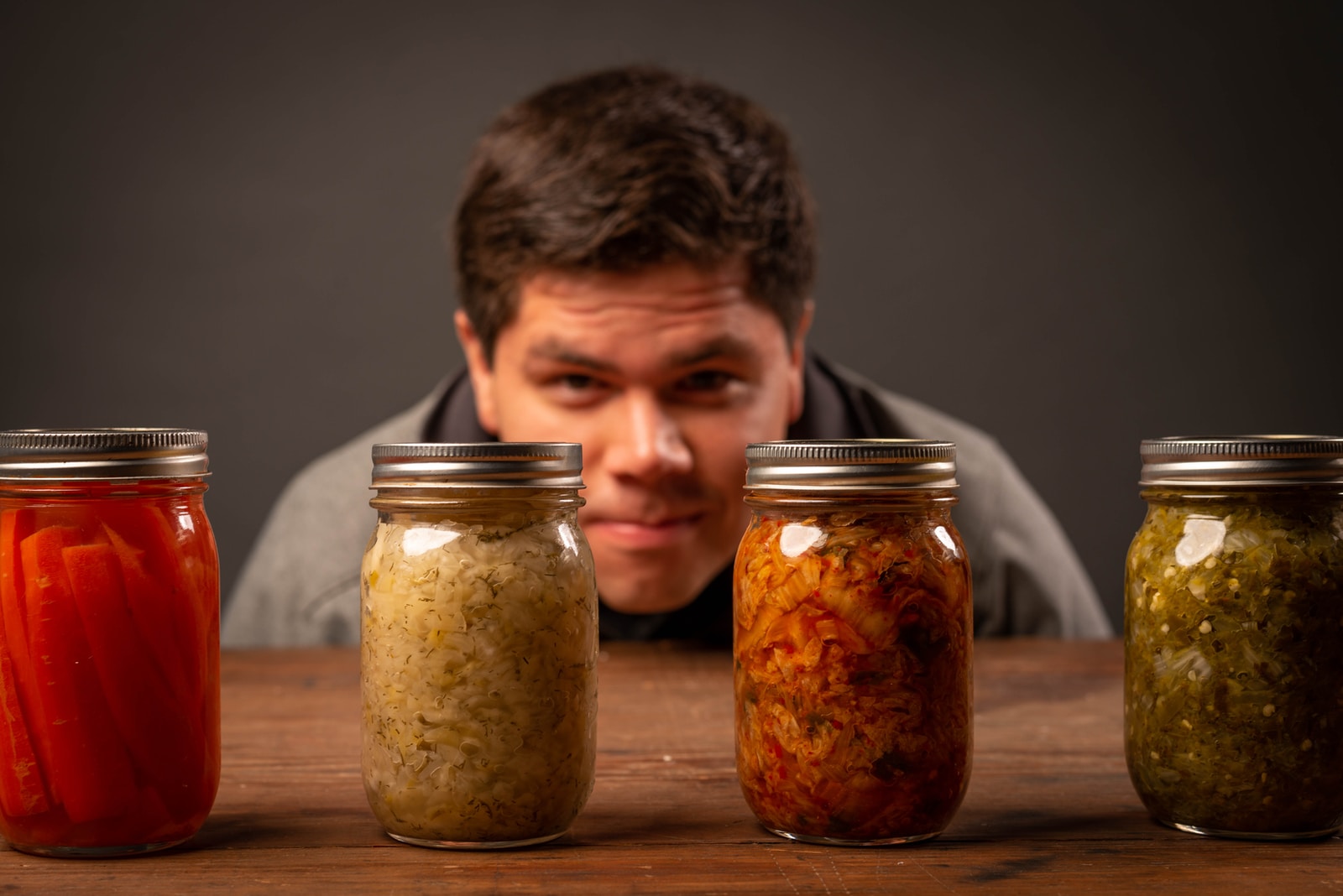おはようございます。KANOです。今回はこちらの記事から。

ザワークラウトとキムチの違い。
どっちも大好き。腸が喜ぶ食べ物。
denominator
意味 共通の特性, 共通点.
Sauerkraut and kimchi may seem similar at first glance, but they actually have very little in common. Their only common denominator is fermented cabbage, one of the best sources of probiotics. The ingredient supports gut health, immune function, and cell production, according to 2021 research published in the journal Nutrients.
https://www.thedailymeal.com/1248236/difference-sauerkraut-kimchi/
キャベツはいい。カットキャベツでも効果ある。マヨネーズと塩コショウあればいくらでもいける!
laborer
意味 労働者, 労務者
Some historians say sauerkraut was invented by the laborers who built the Great Wall of China, allowing them to preserve the cabbage during the cold winter months. The original recipe called for cabbage, salt, and rice wine. Today, many countries have versions of sauerkraut, such as skābi kāposti in Latvia, savanyú káposzta in Hungary, and kiselo zele in Bulgaria.
https://www.thedailymeal.com/1248236/difference-sauerkraut-kimchi/
元は米酒が入ってたのか。おいしそう。
glutinous
意味 ねばねばする, 粘着性の (sticky).
Kimchi, meanwhile, originates in South Korea and is considered a symbol of its culture. The recipe dates back to 1145 A.D. and has more than 200 versions, such as kkakdugi kimchi, baek kimchi, and kkaenip kimchi. For example, pa kimchi is made with green onions, whereas kkakdugi kimchi contains fermented white radish. Whole kimchi, or Tongbaechu kimchi, calls for Chinese or napa cabbage, salt, sugar, glutinous rice flour, fish sauce, scallions, and spices.
https://www.thedailymeal.com/1248236/difference-sauerkraut-kimchi/
astringent
意味 (かたく)〈味などが〉酸味の強い.
Sauerkraut has a more acidic taste without the distinct umami flavor of kimchi and other Asian foods. The longer it’s fermented, the sourer and tangier it becomes. Overall, it has a more astringent taste, a simpler flavor profile, and a firmer texture than kimchi.
https://www.thedailymeal.com/1248236/difference-sauerkraut-kimchi/
辛味がないから純粋に酸っぱさを味わえるの、好き。


